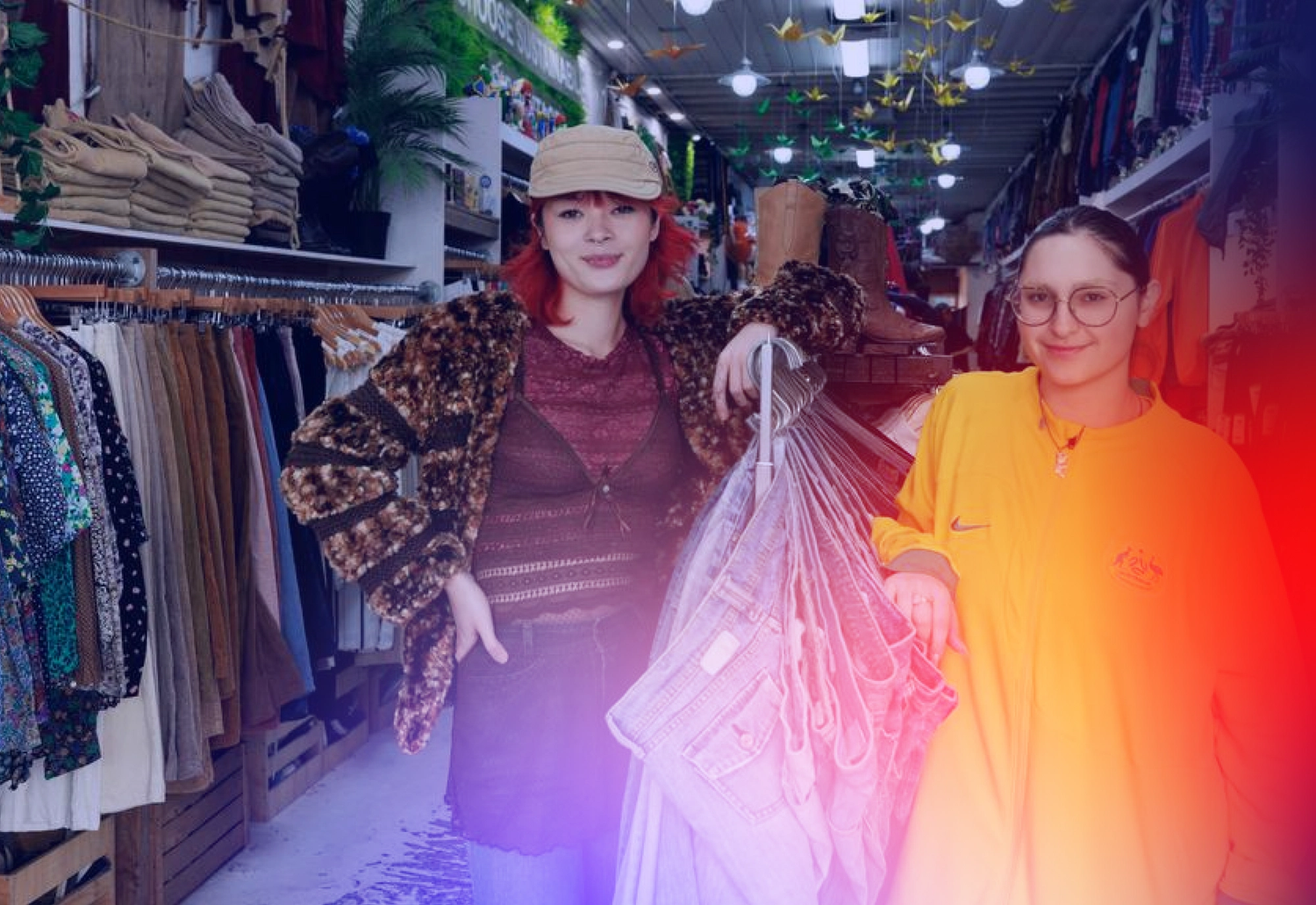Share this post

MELBOURNE, AUSTRALIA
Customers caught out repeatedly buying and then returning clothes from online fashion stores could be banned under a new Aussie crackdown.
UK-based, global online fashion brand Pretty Little Things recently announced it had banned a number of shoppers who were “consistently returning all of their orders 100 per cent of the time” or “most of the time” suggesting they were buying, wearing and returning their worn garments.
Retail experts Down Under have revealed Australian businesses may soon follow suit, with about one-third of online fashion purchases returned across the country, and about one-third of those returns not fit for resale mostly because of damage, amounting to about $333m in unsaleable product each year.
“These businesses are getting smarter because they’ve got more data and understand purchase history and they can see when someone is buying something, or multiples of something more particularly, and then returning them. So I think what Pretty Little Things are doing will just become increasingly common,” said Brian Walker from Retail Doctor Group.
Part of the problem was a process called “bracketing” where a consumer would buy an item in three different sizes or three different colours so they could try them on at home and then send back what didn’t fit or what they didn’t like using the company’s free return policy.
The practice takes goods out of the market that could potentially be sold to other buyers, falsifies the business’s sales and increases the likelihood garments will be damaged and no longer fit for sale, contributing to the 150 million pieces of fashion that end up in landfill in Australia each year.
According to supply chain consultancy TMX, it costs a business six times as much to take a product back, perform quality inspection, repackage it and pick it for sale as it does to send it to the customer initially.
“Retailers are getting more aware of this practice and Pretty Little Things is an example of a retailer who has said enough is enough,” Mr Walker said.
“At the end of the day, these businesses have to be profitable … so what choice do they have (but to ban offending customers)?”
CEO of 6one5 Retail Bill Rooney said, alternatively, online retailers may look to introduce a surcharge to customers who are doing the wrong thing.
“You could do something like, ‘If you return more than 20 garments in a quarter, we’re going to charge you’,” he said.
But he warned this would have to be done through a customer loyalty-style program and it would be far better to incentivise consumers to do the right thing by rewarding them for the correct behaviour.
Brisbane-based online fashion retailer Beginning Boutique offers customers returns and instant refunds on eligible products and doesn’t plan to ban customers. However, owner Sarah Timmerman said it came at a high cost to her business.
“It is important to me as a business owner to offer an easy returns process for our customers because I know exactly what it’s like to receive a parcel and it doesn’t fit quite right,” she said.
“This of course comes at a high cost for the business but it is important to us and our core values.”
This article was written by Anooska Tucker-Evans and originally published by The Daily Telegraph on October 1, 2024.
